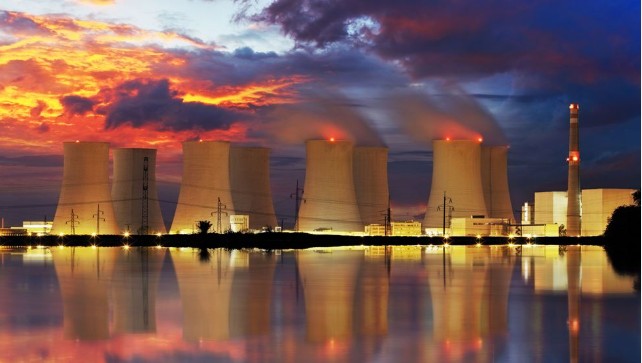South Africa Denies Nuclear Cooperation with Iran Amid U.S. Concerns

The South African Nuclear Energy Corporation (NECSA) has strongly denied allegations that the country is helping Iran develop nuclear capabilities. The accusations follow recent executive orders from U.S. President Donald Trump, which suggest that South Africa may be rekindling its ties with Iran to establish commercial, military, and nuclear agreements.
South Africa, which dismantled its nuclear weapons in 1993 and voluntarily renounced its nuclear weapons program, has rejected any claims that it is violating international norms. The country maintains that its nuclear program is focused solely on peaceful purposes, including energy generation and medical applications such as cancer treatment.
South African authorities have emphasized that all of the country’s nuclear facilities are under the strict supervision of the International Atomic Energy Agency (IAEA), ensuring that its activities remain transparent and compliant with international regulations. The government insists that its nuclear program is entirely peaceful and is aimed at addressing the country’s energy needs and contributing to the global fight against cancer.
“The accusations being levied against us are baseless,” said a spokesperson for NECSA. “Our nuclear capabilities are used exclusively for peaceful purposes, including energy generation and medical applications. We remain committed to international cooperation and transparency, and all of our facilities are under IAEA safeguards.”
Despite these assurances, U.S. President Donald Trump has moved forward with issuing executive orders that may impose sanctions on South Africa. These measures appear to be motivated by growing concerns about South Africa’s potential cooperation with Iran, particularly in the nuclear sector. The U.S. administration has expressed fears that such cooperation could contribute to the further development of Iran’s nuclear program, which remains a point of contention between the U.S. and the Islamic Republic.
In recent months, U.S. officials have raised alarms about the possibility of South Africa playing a role in Iran’s nuclear ambitions, given both countries’ shared interest in nuclear technology. While these claims have not been substantiated, they have nonetheless sparked tensions between South Africa and the U.S.
South Africa’s commitment to peaceful nuclear use is supported by many international organizations, including the IAEA, which has repeatedly affirmed the country’s compliance with international nuclear nonproliferation agreements. The IAEA has confirmed that South Africa’s nuclear facilities are subject to comprehensive monitoring, ensuring that all activities are conducted in accordance with global standards.
However, the issue of South Africa’s relations with Iran, particularly regarding nuclear cooperation, continues to be a diplomatic flashpoint. The U.S. has historically taken a hardline stance on Iran’s nuclear program, and concerns over any potential transfer of nuclear technology to Tehran could have far-reaching geopolitical consequences.
A Delicate Balance for South Africa
As South Africa continues to defend its nuclear program, the country faces a delicate diplomatic balancing act. It must navigate its relations with both Iran, with whom it has historical ties, and the United States, which is a key global player in nuclear nonproliferation efforts. The international community will likely be watching closely to see how South Africa addresses these concerns while maintaining its stance on peaceful nuclear use.
For now, South Africa remains firm in its position that its nuclear program is for peaceful purposes and under the watchful eye of international oversight. The future of its relationship with both Iran and the U.S. may depend on its ability to ensure transparency and cooperation with the global community in the face of mounting diplomatic pressures.
